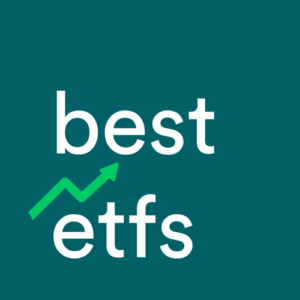Don’t you wonder if now is the time to start analysing the BetaShares Nasdaq 100 ETF – Currency Hedged (ASX: HNDQ) and BetaShares Europe ETF – Currency Hedged ETF (ASX: HEUR)? These Exchange-Traded Funds (ETFs) operate in the International shares sector, a key sector for diversified portfolios.
Is the HNDQ ETF a good investment? Here’s where you start…
The BetaShares Nasdaq 100 ETF invests in 100 of the largest non-financial companies listed on the NASDAQ stock exchange (i.e. the USA). This is the currency hedge version of the BetaShares NASDAQ 100 ETF (ASX: NDQ).
According to our most recent data, the HNDQ ETF had $50.61 million of money invested. Given its funds under management (also known as FUM or ‘market cap’) is less than $100 million, you should consider if this ETF is still too small and if it is sustainable for the ETF issuer. At Best ETFs we say an ETF with more than $100 million invested is typically more sustainable than one with less than $100 million (at least). However, there are exceptions to this general rule, especially if the ETF issuer/provider is reputable and committed to growing the ETF’s FUM through effective marketing strategies and distribution to financial advisers.
Get our team’s HNDQ ETF review, available free when you click this link: access the free investment report.
A quick take of the HEUR ETF
The BetaShares HEUR ETF provides investors with exposure to the largest companies from within the Eurozone, while also generating a large portion of their revenues outside the Eurozone.
With our numbers for December 2020, HEUR’s FUM stood at $35.97 million. Given it has less than $100 million invested, ask yourself (or your adviser) if the ETF is still too small (and if you should wait to buy into it). If you’re concerned the ETF might not be established enough, compare it alongside one of the other Index sector ETFs, using our full list of ETFs.
Are the fees for the HEUR ETF bad?
BetaShares, the ETF issuer, charges a yearly management fee of 0.56% for the HEUR ETF. Meaning, if you invested $2,000 for a full 12-month period you could expect to pay a base management fee of around $11.20.
The management fee is above the average for all ETFs on our list of ASX ETFs, but keep in mind the ETF may be able to justify the higher price tag with superior performance over time.
Did you know: you can get our full ETF review of HEUR by clicking here?
[ls_content_block id=”4954″ para=”paragraphs”]




